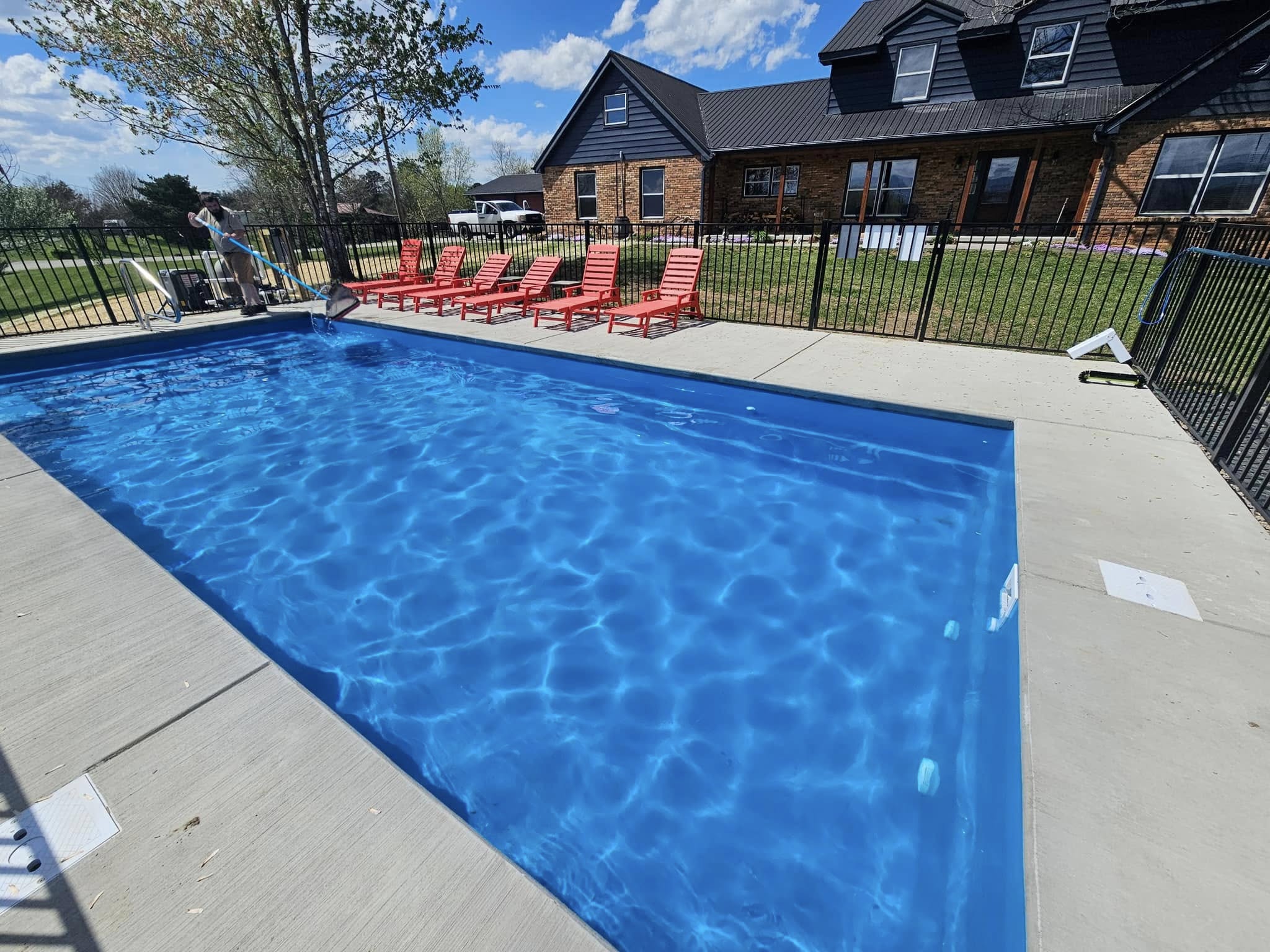
The Evolution of Pool Shapes: Crafting Unique Designs for Modern Homes Oct 15, 2025
In the early days, swimming pools were predominantly rectangular, a shape that was both functional and relatively easy to construct. These traditional designs focused more on utility, catering primarily to swimming laps or providing a straightforward form of family fun. While classic and functional, these pools largely lacked the creative flair that many of today's homeowners desire.
Fast forward to today, and pool shapes are as varied as the homes they complement. The transition from conventional rectangles to freeform designs has been driven by both technological advances and a shift in homeowner priorities—now more focused on aesthetics, personalized spaces, and multifunctional areas. Freeform pools have seen a surge in popularity, characterized by their natural, irregular shapes that often mimic a pond or lake. Their organic contours allow them to blend seamlessly with landscaping, creating a harmonious backyard retreat that appeals to today's nature-loving homeowner.
Tailoring a pool’s shape to fit specific leisure activities has also gained prominence. Homeowners are increasingly looking for custom features like tanning ledges, built-in bars, or infinity edges. These elements not only enhance the pool’s functionality but also boost its visual appeal, turning ordinary backyards into luxurious, resort-style escapes.
Custom pool shapes allow for unique installations such as geometric innovatives or multi-level pools which can turn a backyard into a piece of art. Geometric pools hold onto an element of the classic while allowing creativity to shine through with shapes like L-shaped, Z-shaped, and circular arrangements. Multi-level pools bring dramatic flair and enable different sections for various activities, such as a swimming lane or a deep diving area.
The choice of pool shape also often reflects the architecture of the house itself. For a modern home with sharp edges and minimalistic design, a geometric pool with clean lines might complement the overall aesthetic. In contrast, a Tuscan-style villa might call for a more free-flowing form to complement lush gardens and rustic stonework.
While aesthetic appeal is crucial, technology plays a pivotal role in shaping these ideas into reality. New materials and construction techniques enable shapes and designs that would have been considered impossible just a decade ago. These advancements make maintaining pools easier, allowing for features like eco-friendly filtration systems and energy-efficient heating, crucial for staying sustainable.
As consumers increasingly demand personalized, versatile backyard environments, it is essential to understand the role that the right pool design and shape play in achieving the perfect at-home getaway. By leveraging a deep understanding of both traditional craftsmanship and cutting-edge technology, companies like Grasshopper Excavating & Pools bring these visions to life, creating a customized oasis tailored to each homeowner's unique tastes and lifestyle.
In conclusion, as the landscape of residential architecture continues to evolve, so too will the shapes and features of the pools that accompany them. With innovation at the forefront, the possibilities for pool design are nearly limitless, offering homeowners the opportunity to craft a personal paradise that stands the test of time.
/filters:no_upscale()/media/1cc9ee7d-0fab-4365-aff2-dfd98a0277b5.jpeg)